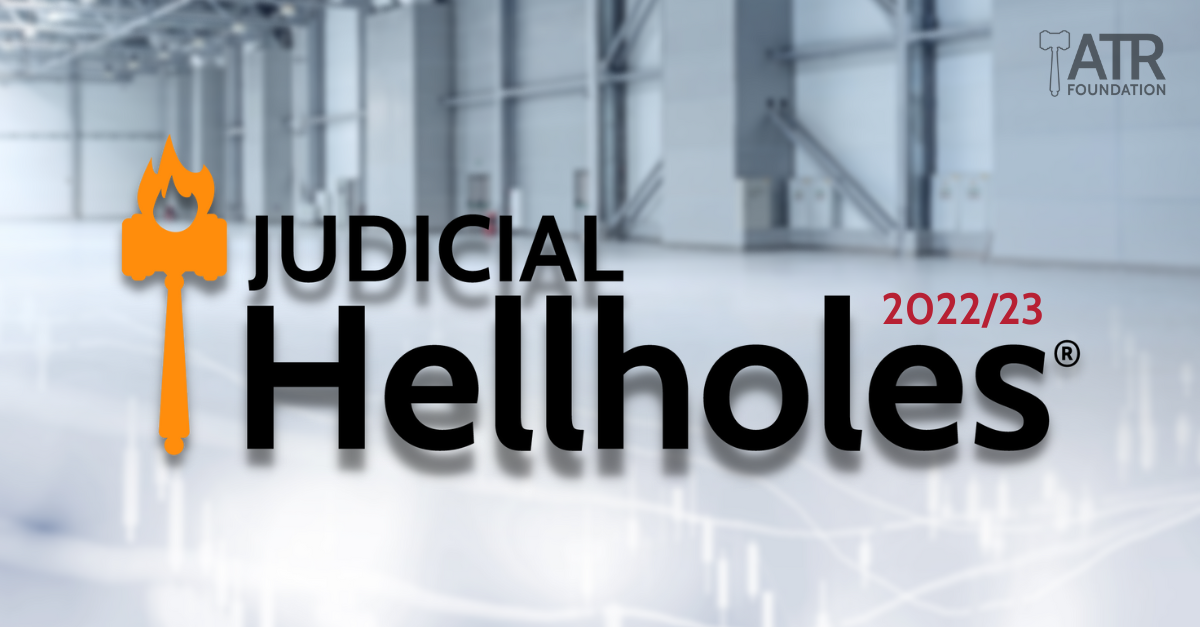Growing Push to Expand Premises Liability in Judicial Hellholes across the Country
A concerning trend on the rise in Judicial Hellholes is the expansion of premises liability for landowners and businesses. This summer, the Georgia Supreme Court, the reigning No. 1 Judicial Hellhole, drastically expanded premises liability in the long-awaited CVS case. In another pending case, the Philadelphia Court of Common Pleas, a perennial Judicial Hellhole, is poised to decide whether to hold McDonald’s liable for the death of a man stabbed in its parking lot.
Georgia
Premises liability cases have generated some of the most absurd nuclear verdicts in Georgia, particularly lawsuits blaming businesses for the criminal conduct of others on or near its property.
In June, the Georgia Supreme Court upheld the lower courts’ verdict and embraced an overly broad test for “foreseeability.” The decision significantly expands the scope of liability for property owners.
Here a plaintiff brought a premise liability case against CVS Pharmacy for a shooting that occurred in the parking lot. The plaintiff had arranged to meet an acquaintance, Gray, in the CVS parking lot to purchase an iPad. After the transaction, an unknown assailant entered the plaintiff’s car, threatened to kill him, and ordered him to hand over his money. The plaintiff tried and failed to shoot the assailant with his own pistol, at which point the assailant shot the plaintiff several times and fled. The plaintiff survived but sustained severe injuries.
The Court held that a defendant is liable for injuries caused by a third-party’s criminal acts if it was “reasonably foreseeable” the act would occur. The jury must consider the “totality of circumstances relevant to the premises” and it must be decided on a “case-by-case basis.” The decision seems to allow even crimes occurring near the premises to be considered in the foreseeability test. The Court rejected a bright-line approach that requires a plaintiff to identify a “substantially similar” crime occurring on the premises, a standard that the Georgia Supreme Court used in prior cases.
Philadelphia
On July 13th, 2021, Matthew Maguire was fatally stabbed in the parking lot of a McDonald’s located in Philadelphia County. Huy Nguyen, the administrator of Maguire’s estate, brought suit under a negligence theory, claiming that McDonald’s knew or should have known about the risk of violence to their customers and failed to provide adequate security.
The potential ripple effect may result in businesses becoming increasingly vulnerable to lawsuits arising from criminal acts beyond their control.
The impact of these liability-expanding decisions is far-reaching and will specifically burden those that live in high-crime areas. Businesses will be forced to decide to either close their stores or charge higher prices to offset the high costs of additional security measures.







